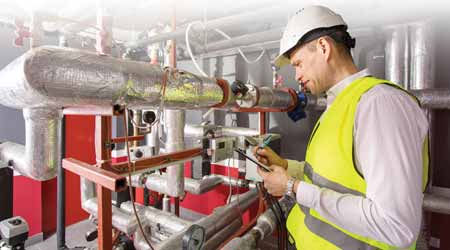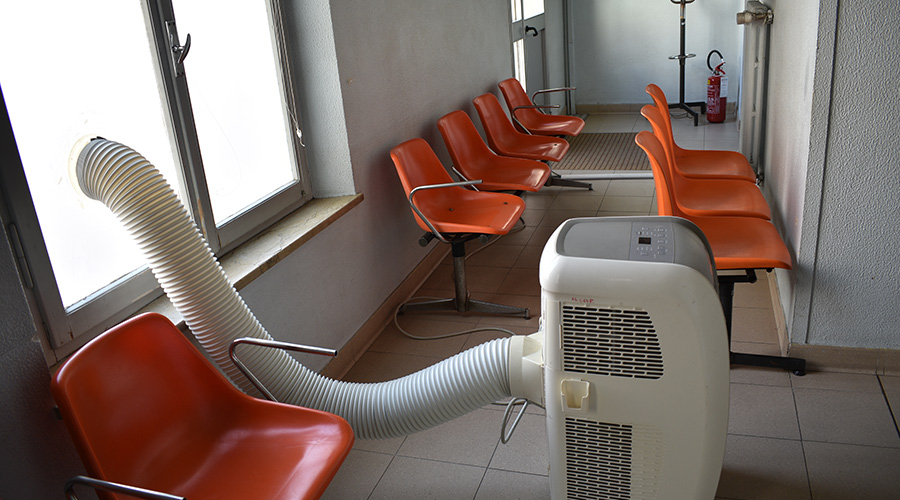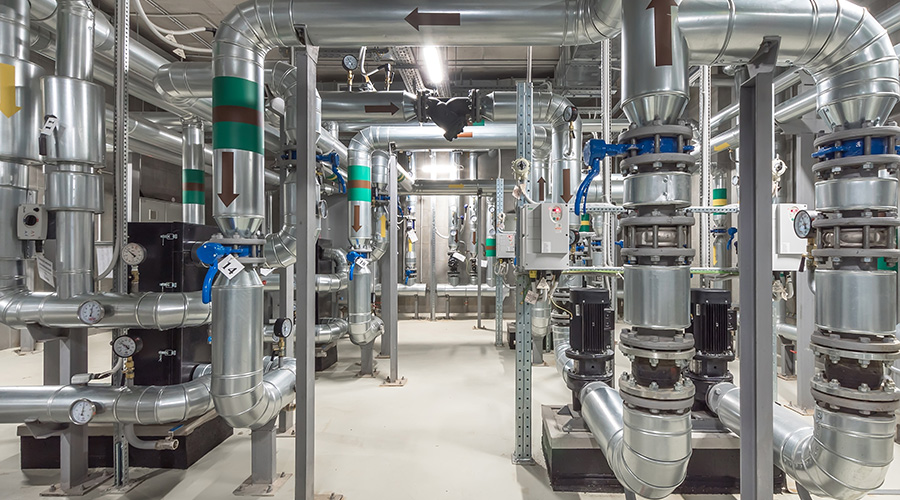Emergency Heating: Buying vs. Renting
When faced with a heating emergency managers have the option to buy emergency heating or lease it.
Maintenance and engineering managers considering smaller, temporary heating systems in the event of an emergency, have the option to rent or buy. Which option is most appropriate depends on the particulars of the application.
How critical are the operations in the affected area? How long can occupants tolerate a loss of heat? How often does the facility suffer a loss of heating systems, and how widespread are these situations? If the heating loads are critical and the area cannot tolerate the loss of heat for even 24 hours or if there is a history of system failures, buying the necessary systems might be the best option.
Managers also must consider the availability of units in the event of a widespread outage. A facility might not be the only one where heat is lost. A widespread outage due to storm damage or some other natural disaster might result in the demand for rental exceeding their supply. So again, if the loads are critical, the better option might be to buy a number of units rather than to rent them.
If rental is the preferred option, managers need to plan ahead. They do not want to be looking for a particular type and capacity unit when the heat is already out. Identify the type and capacity of units the application most likely will need in the event of a system failure, and determine the availability of those units, as well as who will be responsible to deliver and set up the units, maintain them while installed, and remove them when they are no longer needed.
Managers need to set up contracts that spell out this information, as well as response time.
— James Piper, P.E.
Related Topics:














